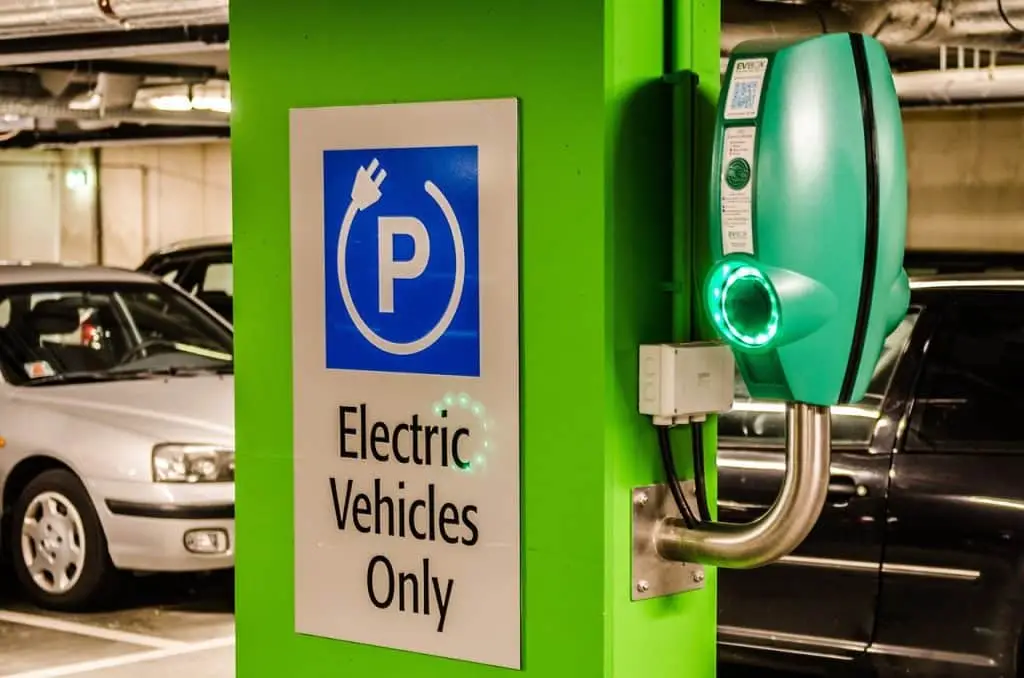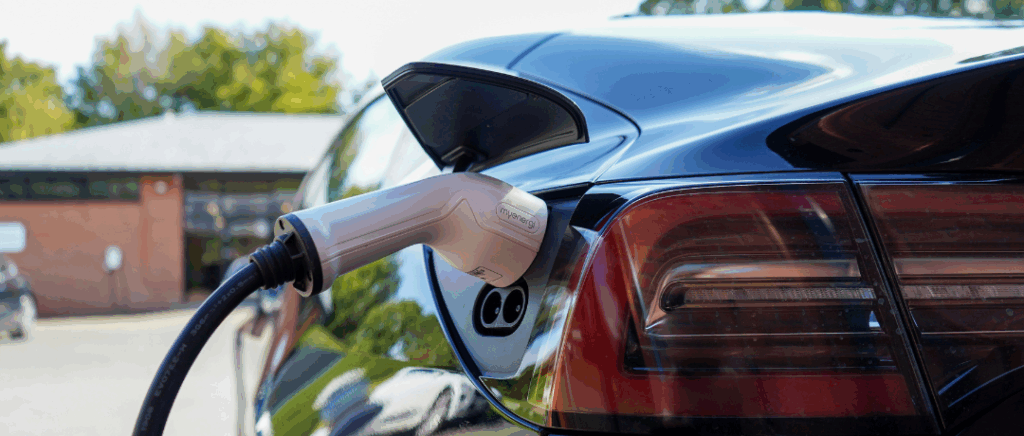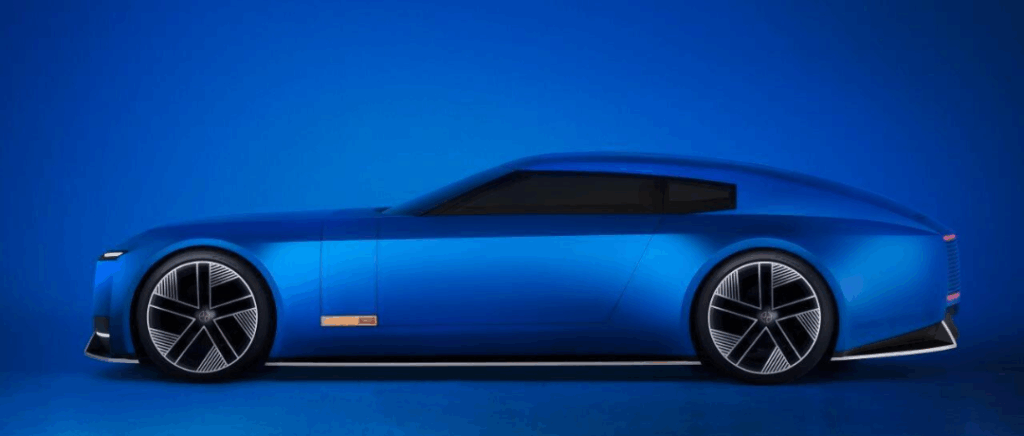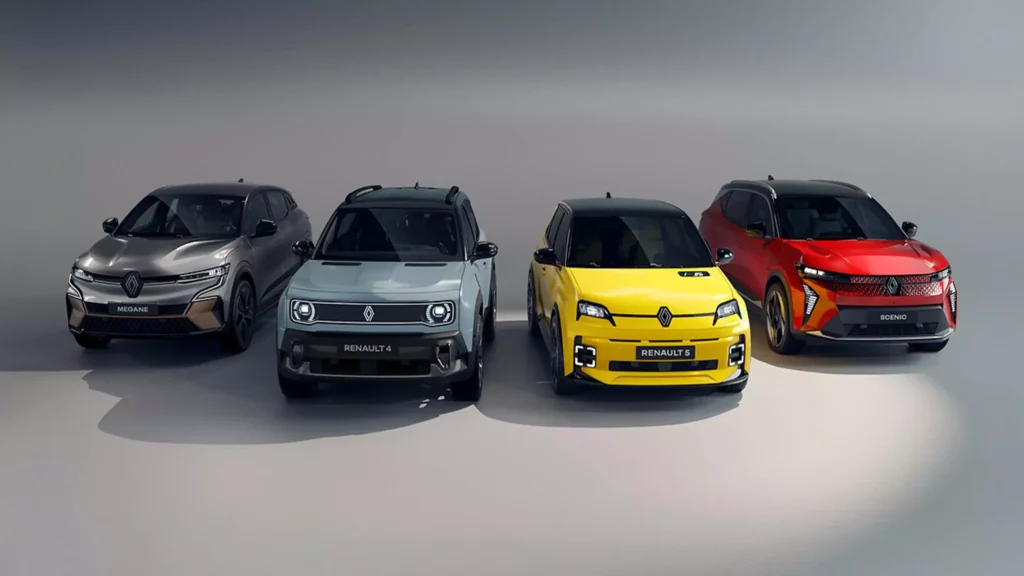Monday to Friday
9am - 12.30pm - 2pm - 7pm
Discover our new must-have guide :
Electrical standards
The installation of a charging point for electric vehicles must comply with electrical standard NFC 15-100. This sets out the rules governing the deployment of all low-voltage electrical installations in France. Its aim is to ensure perfect security to all users, while guaranteeing optimum recharging performance. Professionals must comply with strict specifications when drawing up an electrical diagram and checking the conformity of their installation, which includes :
- setting up a electric circuit dedicated to recharging electric vehicle(s) ;
- the protection of this circuit by a differential switch and a circuit breaker adapted.
As you can see, certain knowledge and skills are required for the installation of charging stations. That's why it's vital to choose the right professional to oversee this operation. Your safety and that of your employees is at stake! The regulations have evolved in this direction, with the introduction by decree of theobligation to use an IRVE-certified electrician as part of installation of a recharging point power greater than 3.7 kW (decree no. 2017-26 of 12 January 2017).
This obligation does not apply to charging systems with a power output of less than 3.7 kW, in two situations:
- When installed in a private dwelling.
- When they are not accessible to the public and their main function is not to charge electric vehicles.
However, there are a number of reasons for this, It is strongly recommended that you always use an installer with specific expertise. in the fields of electric vehicles and charging stations, regardless of power. The most experienced electricians are not necessarily familiar with the regulations and technical aspects relating to the deployment and commissioning of this type of equipment.
La IRVE certification is a reliable criterion for selecting a craftsman likely to offer you a quality service.
Read also → How can I become an IRVE recharging point installer?
What does IRVE certification mean?

IRVE certification qualifies professionals authorised to install electric vehicle charging stations. This is a recent certification, having been created when the decree governing the deployment of such installations came into force.
IRVE-certified electricians have undergone specific training and demonstrated their expertise in the field of charging stations. In France, certification is issued by just two bodies: theAFNOR (Association Française de Normalisation) and Qualifelec (Association Professionnelle et Technique de Qualification des Entreprises de Génie Électrique et Énergétique). There are no formal differences between these two bodies authorised to issue professional accreditations. The certification process is identical. Candidates must undergo training at an accredited establishment. The courses focus on 5 areas of qualificationThe choice depends on the level of skills required:
- IRVE design studyThis module is designed for electricians who are planning to install large-scale IRVE systems in car parks with 50 or more spaces, and in apartment blocks with a minimum of 4 charging points. It was added following the implementation of the decree no. 2021-546 of 4 May 2021 amending the initial decree N°2017-26 of 12 January 2017.
- Level 1 training It justifies the ability of professionals to install recharging points of more than 3.7 kW, powered by alternating current (AC)They are not connected and do not need to be configured for data collection or monitoring purposes.
- Level 2 trainingIt allows professionals to install charging stations of more than 3.7 kW, powered by alternating current (AC) and connected, requiring specific configuration for data transmission and/or supervision.
- Level 3 Rapid or high-power charge trainingThe course covers safety conditions and technical aspects relating to the installation of high-power, direct-current (DC) fast-charging infrastructures.
- IRVE maintenance training (AC terminals)This session is complementary to training levels 1 and 2. The aim is to understand the issues involved in the maintenance and upkeep of AC charging points.
Depending on your project, you'll need to pay particular attention to the experience of your installer. Before hiring an electrician, take the time to check his certification and level (P1-P2-P3).
Read also → Choosing your recharging point installer
Installing a charging point without an IRVE certificate: what are the risks?
Having one or more charging points with a power rating of more than 3.7 kW installed by an electrician who does not have IRVE certification exposes you to a number of risks.
No guarantees in terms of safety
The very purpose of IRVE certification is to guarantee the best possible safety for users. If you call in a professional who does not have in-depth knowledge of the standards and technical specifications relating to charging stations, you will be held liable in the event of an accident or short-circuit resulting from poor installation or connection. No guarantee will apply in the event of material damage or if the damaged equipment has been installed under random conditions.
As a company director, you are responsible for the safety of the goods and staff on your premises. It would be a shame to expose them to unnecessary risks. Especially as your company will not be covered by the insurance company in the event of a fire caused by a defective installation.
On the contrary, calling in an IRVE-certified electrician will ensure a quality installation, guaranteed for at least two years after the work is completed. This professional will also be able to advise you, carry out the maintenance of your equipment and its maintenance, to extend its lifespan. So you don't have to worry about a thing!
No financial assistance
Companies that install charging stations on site or at their employees' homes can benefit from certain financial aids and subsidies, depending on their sector of activity, their geographical area and regulatory developments (ADVENIR bonus, subsidies from local authorities, etc.).
However, this aid is only granted if the work is carried out by a IRVE certified installer. It is essential that the installer provides the customer with an invoice certifying his status and the characteristics of the devices installed (power, type of equipment, supply, price of labour, etc.).
Without this document, it is not possible to finalise the premium application file.
No cover from the insurer in the event of a claim
In the event of a claim resulting from non-compliant installation, you run the risk of not being compensated by your insurance company. Most insurers will carry out an investigation to establish unambiguously the circumstances of an accident. You will therefore have to cover the cost of repairs and any compensation for damage caused to third parties.
The Advenir label
Certified professionals must list their products on the ADVENIR website. Don't hesitate to check that your installer has taken the necessary steps to declare himself and list his services on the platform. If they haven't, you won't be able to benefit from the premium offered by this funding programme (if eligible).
Our tip: to find ADVENIR-labelled professionals, simply consult the platform's online directory. You can also entrust your installation project to Beev. Our partner installers are all certified IRVE and with the ADVENIR label !
In 2024, companies can benefit from a number of financial incentives for installing charging stations, such as the ADVENIR programme, which offers grants for charging station installation projects. This programme covers up to 50 % of the costs for installations intended for heavy vehicle fleets and offers specific subsidies for high-power infrastructures, enabling installation costs to be reduced considerably.
Z.E. Ready certification

Launched by car manufacturer Renault in November 2012, Z.E. Ready certification is to ensure that electric and hybrid vehicles (cars...) are perfectly compatible with each other, utilities) and public or private charging points. Although this certification has a purely commercial basis, since at the outset it only concerned vehicles marketed by the brand in a bid to reassure its customers, it has rapidly established itself as a benchmark. This success can be explained by the exhaustive nature of the criteria verified, since Z.E. Ready certification is based on 52 control points :
- 41 control points relate to infrastructure (recharging points and electrical installations)
- 11 control points focus on the expertise of the installer wishing to obtain Z.E. Ready certification.
It goes without saying that Z.E. Ready certification incorporates all the existing standards and regulatory constraints, but it takes them one step further by taking interoperability between vehicles and charging points a step further. As part of this, it takes as much interest in the specific features of equipment design as it does in technical compliance and the level of expertise of operators. This makes it one of the most comprehensive certifications in this field.
E.V. Ready

While Z.E. Ready only concerns equipment from Renault and its partners, such as Schneider Electrics, which has launched 100 % compatible charging points, E.V. Ready certification has been extended to all ranges of electric vehicles, regardless of manufacturer.
Although Renault is no stranger to its creation, having launched the label with its partner Schneider before being joined by an alliance of car brands including PSA Peugeot Citroën and Mitsubishi Motors, E.V. Ready is an inter-manufacturer standard. The aim of the label is to harmonise compatibility between electric vehicles and charging points across Europe. It focuses on three key priorities: safety, performance and infrastructure compatibility.
Are you lost between the different standards and certifications linked to the installation of charging stations? Beev offers you customised support, from the choice of your charging solution to its installation by an IRVE-certified electrician, who will also carry out maintenance and servicing (optional). Our equipment and our professional network are also Z.E. Ready and E.V. Ready certified (installer approved by the European Commission).asefa).
How long does it usually take to install an electric vehicle charging point?
There are several stages in the process of installing a charging point. From delivery to commissioning, you'll need to take a number of steps:
- assessing and formalising needs ;
- comparison of terminal models and search for the most suitable equipment, which often requires technical support;
- search for a certified installer ;
- technical audit ;
- drawing up a quotation for the installation ;
- at the same time, taking the necessary administrative steps to obtain any subsidies (local authority grants, ADVENIR bonus where applicable);
- electrical installation and compliance work (if necessary) ;
- commissioning.
As a result, it can take several weeks or even months between the launch of a project and its formal completion.
Depending on the complexity of the project and civil engineering, Beev offers an installation time of 10 working days.
By entrusting your project to our team, you can save precious time and concentrate solely on your core business. Discuss your objectives and requirements with one of our advisers, who will guide you towards the most suitable model or models of charging station. We'll take care of all the installation formalities, thanks to our network of IRVE-certified installers. We'll even draw up your application for grants, subsidies or tax credits, depending on the type of installation you choose, its configuration and the legislation in force! Start by selecting your future charging point or make an appointment with one of our experts.
Would you like to find out more about the benefits of a business charging point? Download our white paper to help you prepare for your move! We look forward to hearing from you!

































